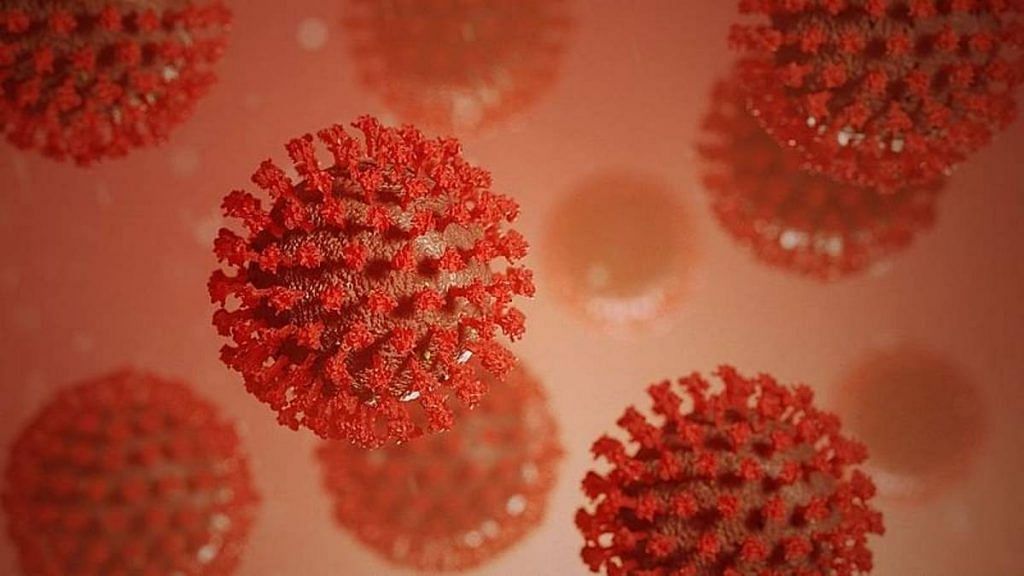New Delhi: The fourth wave of Covid-19 may hit India between June and October, according to a study by researchers from IIT-Kanpur.
Uploaded on 24 February on MedRxiv, a preprint server for the health sciences, the study used data from previous waves to forecast the upcoming surge, and its approximate peak (between 15 and 31 August).
According to the statistical document, “The fourth wave of Covid-19 in India will arrive after 936 days from the initial data availability date, which is 30 January, 2020. Therefore, the fourth wave starts from 22 June 2022, reaching its peak on 23 August 2022 and ends on 24 October 2022.”
However, the study added that the severity of the fourth wave will depend on the nature of virus variants, the status of vaccinations, and booster doses.
India reported 8,013 fresh cases of Covid Sunday, with the number falling below 10,000 after two months. The overall tally has crossed 4.29 crore cases in the country, with more than 5 lakh deaths.
Impact of vaccinations, variants
Discussing the impact of variants, the study said, “For example, it has been observed that the Omicron variant is more infectious than the Delta variant but less fatal, and consequently, less hospitalisation due to Omicron is reported, though the number of infected cases was more during the third wave time.”
It added that the effect of vaccinations — first, second or booster doses — could also play a significant role in “the possibility and degree of infection and various issues related to the fourth wave”.
The paper concluded, “There is always a fair chance that a new variant of this virus may have an intense impact on the whole analysis.”
The study was conducted by a team that included Sabara Parshad Rajeshbhai, Subhra Sankar Dhar, and Shalabh [only first name mentioned] from IIT-Kanpur’s mathematics and statistics department.
(Edited by Rohan Manoj)
Also read: In recall of ex-minister’s statement, NITI Aayog’s VK Paul says India in ‘endgame of pandemic’
